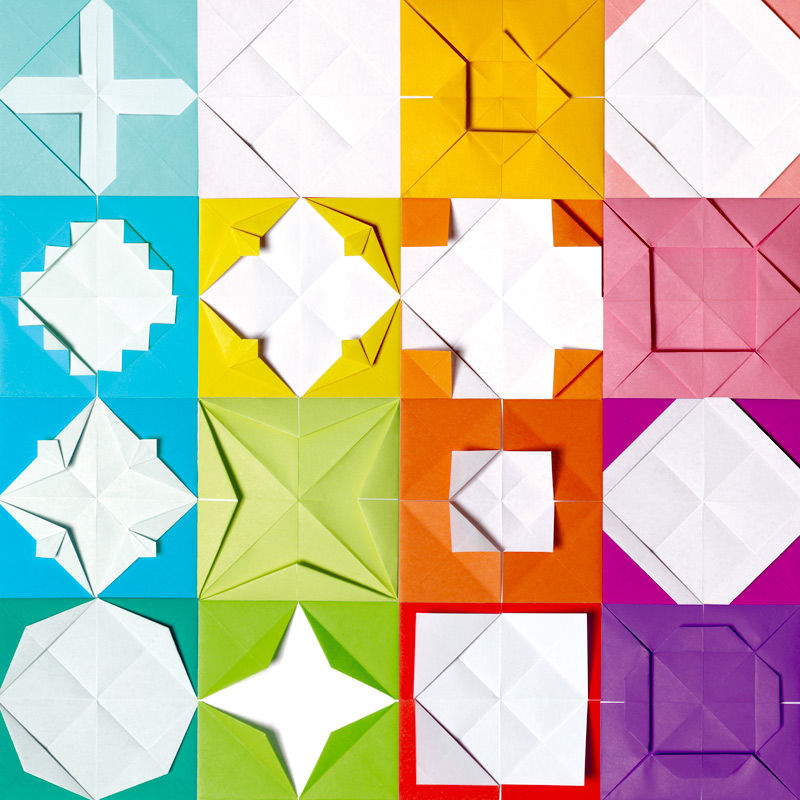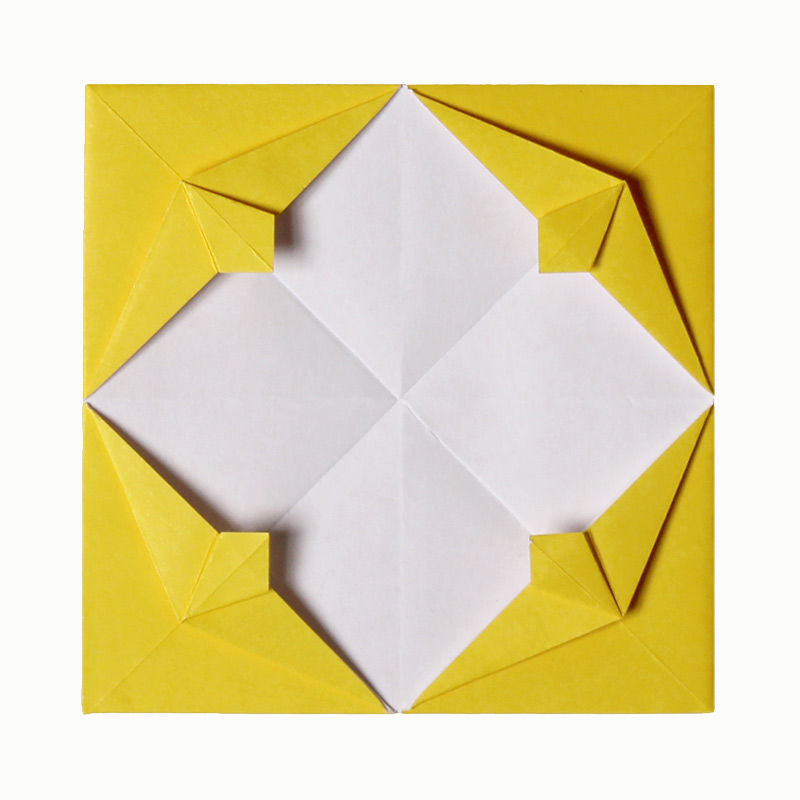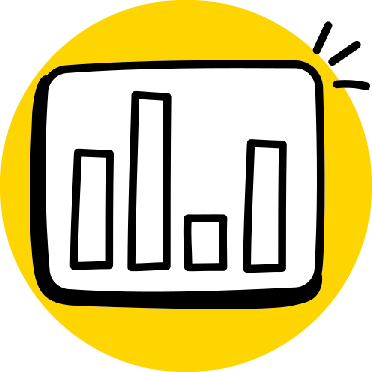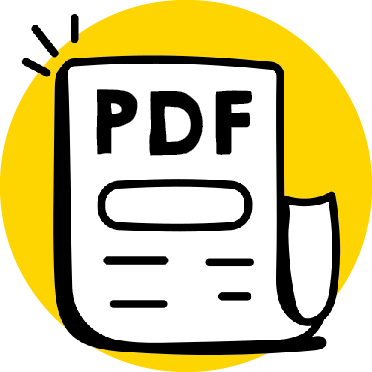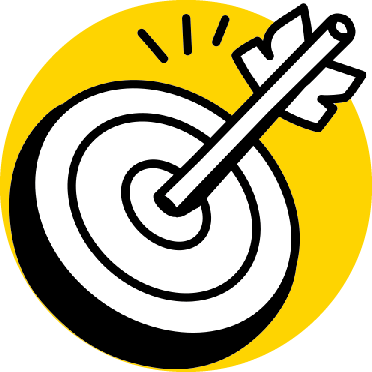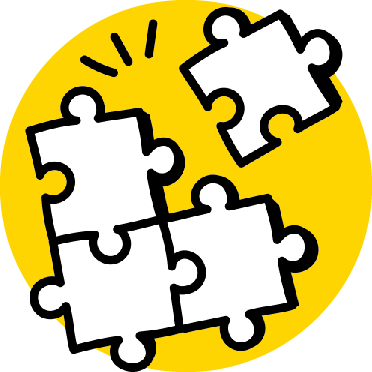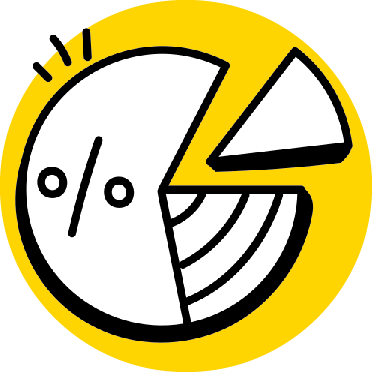How can I use this resource?
Delve into early childhood education methods by trying your hand at Froebel's paper folding exercises. Each worksheet provides step-by-step instructions for creating unique figures through simple folding techniques. Embrace this engaging practice that encourages folding and exploring fascinating shapes.
What does this resource contain?
Inside, discover 16 worksheets designed for folding and crafting original Fröbel figures. These exercises offer a glimpse into the diverse world of Fröbel occupations, a method that has impacted early childhood education for generations.
About the Froebel method of teaching
Pioneered by Friedrich Fröbel, the Froebel method emphasizes the pivotal role of play in a child's development. Through kindergartens established in 1840 in Germany, Fröbel focused on education, nurturing, and care as core principles. He believed that children learn and express themselves through play, preparing them for adulthood through games, crafts, and music. Fröbel introduced "play gifts," geometric objects made from various materials, to facilitate children's understanding of the world. These gifts encouraged the exploration of nature, mathematics, and art. Today, Fröbel's occupations, including paper folding, weaving, sewing, painting, drawing, and more, remain integral to early childhood education worldwide. This approach has profoundly influenced modern art and architecture, shaping the creativity of renowned figures like Piet Mondrian, Wassily Kandinsky, Le Corbusier, and others who engaged with Fröbel's geometric forms during their formative years.
Discover Froebel's teaching methods. This resource offers 16 templates and basic instructions for crafting unique Fröbel figures.
Labbé GmbH
Walter-Gropius-Str. 16
50126 Bergheim
Germany
hello@labbeasy.com
Simple Paper Folding
Discover Froebel's teaching methods. This resource offers 16 templates and basic instructions for crafting unique Fröbel figures.

